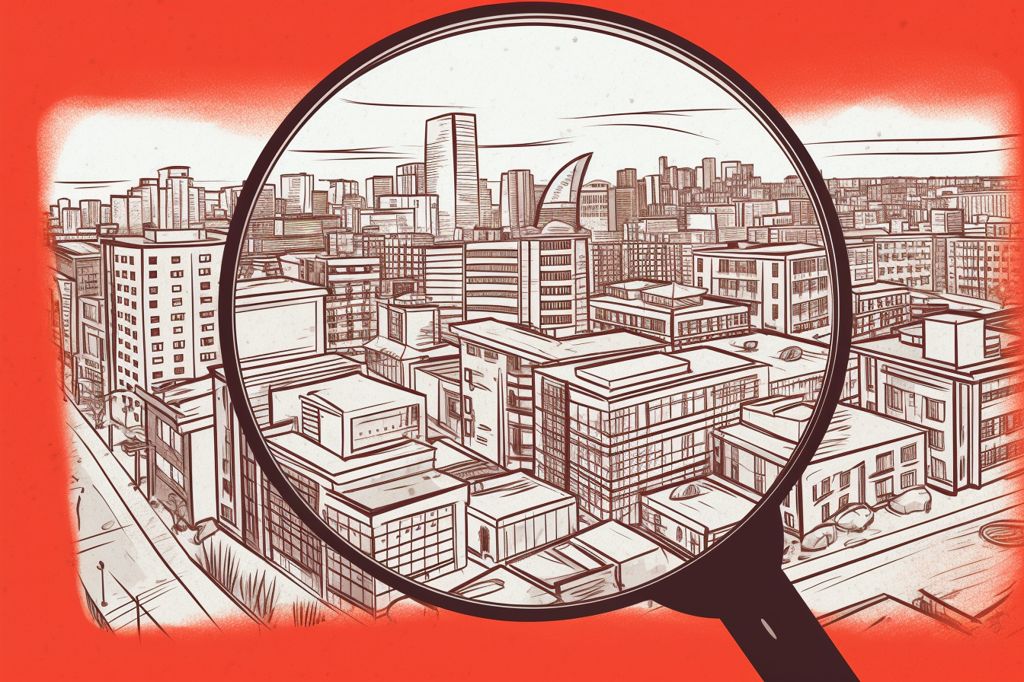On May 31, 2023, the Cape Town City Council passed the ‘Building Hope’ Budget designed for the 2023/24 fiscal year. The budget team received commendations from Mayor Geordin Hill-Lewis for striking an ideal balance between forward planning, addressing the city’s vulnerable residents’ immediate needs, and acknowledging ratepayers’ rising pressures.
Indigent Relief Package and Record Infrastructure Budget
Indigent Relief Package and Record Infrastructure Budget
Social Package and Rates Rebates
Social Package and Rates Rebates
Objectives: Economic Growth and Job Creation
Objectives: Economic Growth and Job Creation
Infrastructure Spending and Indigent Support
Cape Town’s infrastructure spending exceeds Johannesburg and Durban’s combined efforts over the next three years. Almost 73% of the R11 billion capital budget, or R8 billion, is allocated to critical infrastructure servicing lower-income households. Eligible residents can qualify for indigent support if they meet specific criteria, such as being a homeowner, earning R7,500 or less per month, owning only one property, and using the home mainly for residential purposes.
Application Process for Indigent Support
The application process requires various documents, including proof of identification, bank statements, bond statements, and estate documents if applicable. Employed residents must provide their latest salary/wage pay slip, a letter from their employer stating their income, or a sworn affidavit if self-employed. Those who receive disability grants, maintenance grants, or pensions must provide proof, while unemployed residents need to include sworn affidavits stating they are unemployed and have no other source of income.
The ‘Building Hope’ Budget showcases Cape Town’s commitment to economic growth, support for its vulnerable citizens, and future prosperity. As the city continues to develop, the impact of this budget on the lives of its residents and the overall growth trajectory will be a testament to its success.











